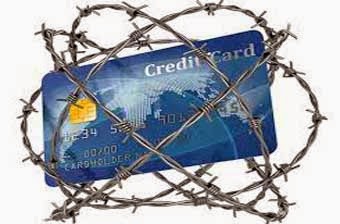Minimum Payment Amount On A Credit Card Is A Debt Trap
Most people do not understand how minimum payments are calculated on credit cards and thus end up paying much more interest than they should to the card issuers. Here's what you need to know about how the minimum payment due on your card and how it can wreak havoc on your finances if you are not careful.
How do lenders calculate minimum balance? Credit card companies have different standards for calculating the minimum amount due, but largely the industry standard remains 5 % of the total account balance plus interest. You opt for the minimum amount because it seems like a lesser burden each month, but what you do not realise that you are making a far bigger interest payment to your issuer. Let's understand with an example. Miss. XYZ has an outstanding of Rs 50,000 on her credit card. Since she has opted to make the minimum payment of Rs 2500 per month and her card company is charging an annualised interest 36 per cent on it! This means it will take her 31 months to pay off her entire dues. And by the time she will have made the last payment, she will have paid the card issuer Rs 77,500.
You automatically miss your grace period: A grace period is the number of days you have in hand to pay your dues after your monthly billing (21 days usually). So effectively you have 30 days (your billing cycle)+21 days of grace period meaning a total of 51 days to pay off your bill. But this will only work in your favour if you are paying off your total outstanding. If you are opting for the minimum 5 % payment, the 95 % remaining will be automatically rolled over to the next billing cycle, and you will not have the option of a grace period at all. Lastly, getting into a minimum payment due cycle will affect your Cibil score negatively as you will perpetually have a high utilization on your credit card. A bad Cibil score may hamper your chances of getting a future loan.
Thus, the wise thing to do is clear off all your outstanding dues on your credit card all at once. If you do not have the money to do it ask for a loan from family or friends, skimp on your expenses or even take a personal loan to get over this financial jeopardy! If you keep ignoring this crucial aspect of your finances you may find yourself falling into a pit of debt that is endless.


Comments
Post a Comment